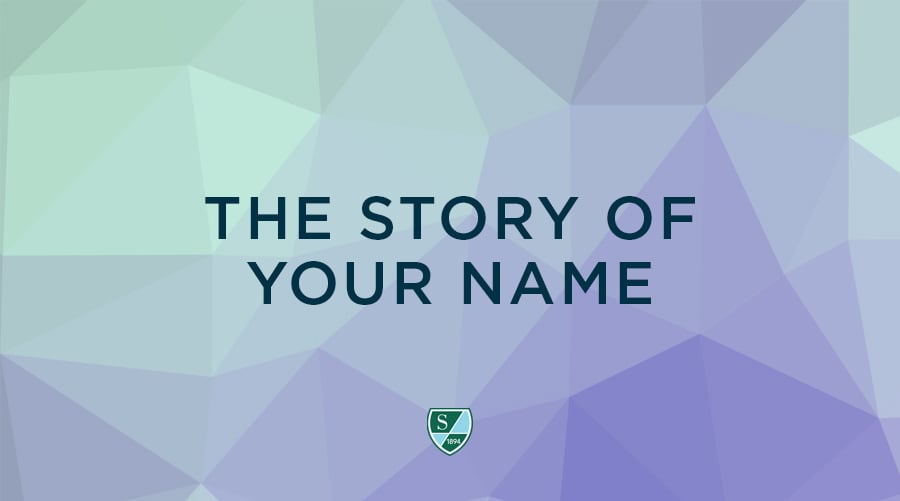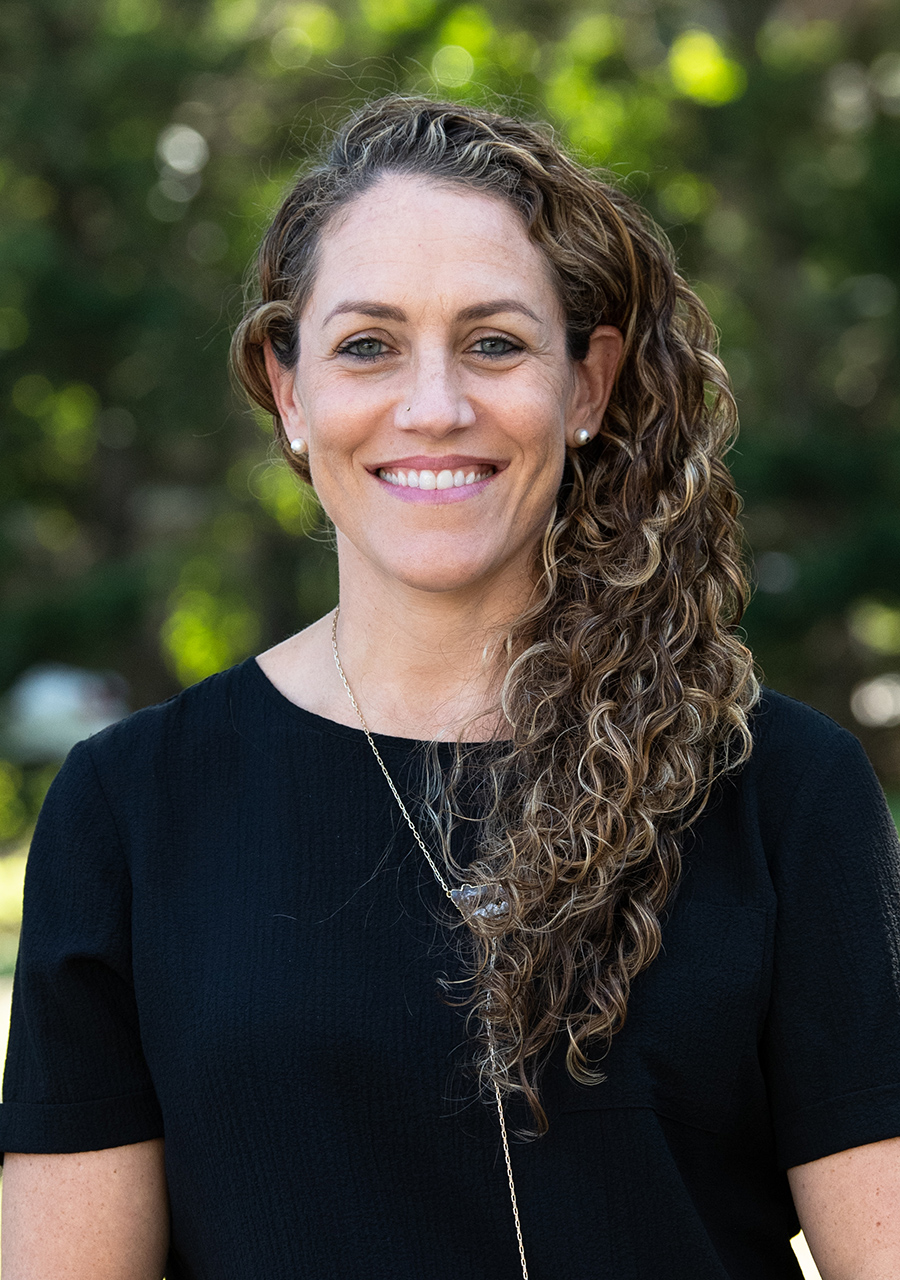Saburah. It has been misspelled and mispronounced for my entire life. I’ve been called many things including Siobhan, Sabrina, Cebolla, and have received emails in which my name has been misspelled or even written as Simba. Growing up in this area, I remember hearing names like “Naomi” or “Kyle” for the first time and thinking they sounded so strange and foreign to me. I had to repeat my name constantly while muscling through the giggles and judgmental faces with which I was met throughout my childhood. I never understood why I couldn’t find my name on any keychains or mugs in souvenir shops. For most of my childhood, I longed for a simpler name, like Sarah or Stacy, to avoid the unpleasant interactions and because of my internal struggle with celebrating my name.
For so many years, I never talked about the story of my name. I was embarrassed about it, how it came to be, and I never felt comfortable correcting others. My father, long before I was born, began his spiritual journey to seek guidance and strengthen his own relationship with God. While drawn to his Jewish culture and background, he also found belonging in a non-denominational Sufi community in Overbrook. With a wise guru from Sri Lanka at its helm, I was not only raised within this community, but also given my name at the time of my birth. I share this background so that you can understand why this wasn’t the easiest thing to explain to my peers while growing up. Oftentimes, I was asked by friends, classmates, teachers, and parents about my religion. It was easiest to share that I was Jewish and to hide my other identity as a spiritual member of a Sufi community.
It wasn’t until adulthood when I embraced the beautiful mosaic of my spiritual upbringing, and simultaneously felt proud of my name. Saburah stems from the Arabic word, sabur, meaning inner patience, and the extensively enduring one. In Islam, there are 99 names and attributes of God, with Sabur being the 99th name. Its Hebrew variation is Zipporah, the wife of Moses, which means “bird” in Hebrew and is associated with a free spirit.
Names are not only important but also beautiful. A person’s name tells their story. It is a window into their lineage, their family, their present, and the mark we all wish to leave on society as we strive to be our best selves leading with compassion. Names can carry personal, societal, cultural, and religious connotations and, as such, naming traditions differ from one society to another due to differences in cultures. They are a unique fabric woven into the pattern that creates every one of us. Names are a gift and one that should be handled delicately with honor, respect, and celebration for the unique soul who embodies that name.
When I meet people for the first time, I make it a point to check my pronunciation and will often inquire about the meaning of the name. Throughout my time as an educator, I’ve learned so much from my students and families through their names and the stories attached to them. To this day, when people mispronounce a name, I encourage our students to speak up, correct the pronunciation, and to be proud of their name. Adults need the reminder, as well!
Here is my homework for all of you: Think about the story of your name. How was it picked? What does it mean? Does it have any ties to family members and/or ancestors? What does it mean to you? How do you feel about your own name? Share the story of your name with your child(ren) and be sure to share the story of their name with them, as well.
The stories people tell
have a way of taking care of them.
If stories come to you, care for them.
And learn to give them away
where they are needed.
Sometimes a person needs a story
more than food to stay alive.
That is why we put stories
in each other’s memory.
This is how people care for themselves.
-Barry Lopez, from Crow and Weasel










